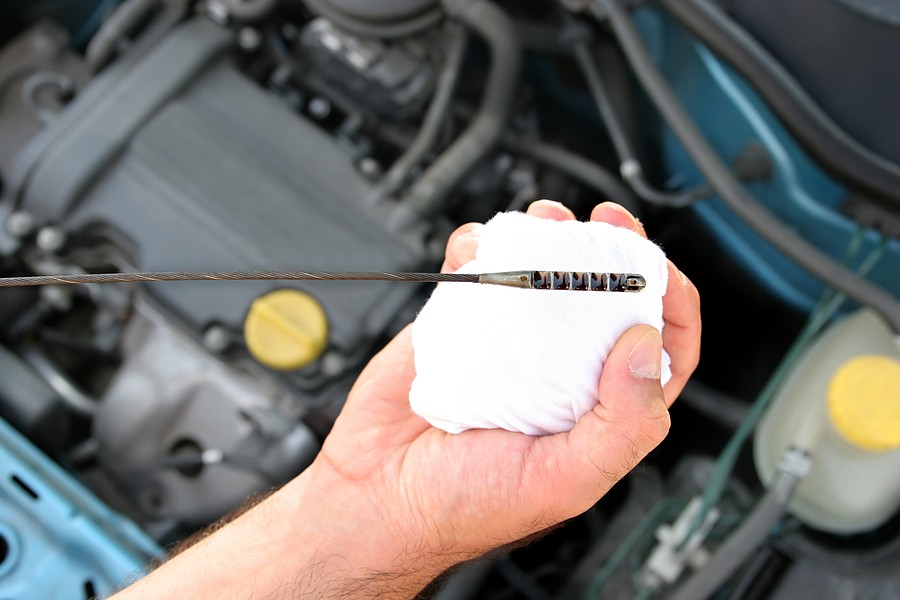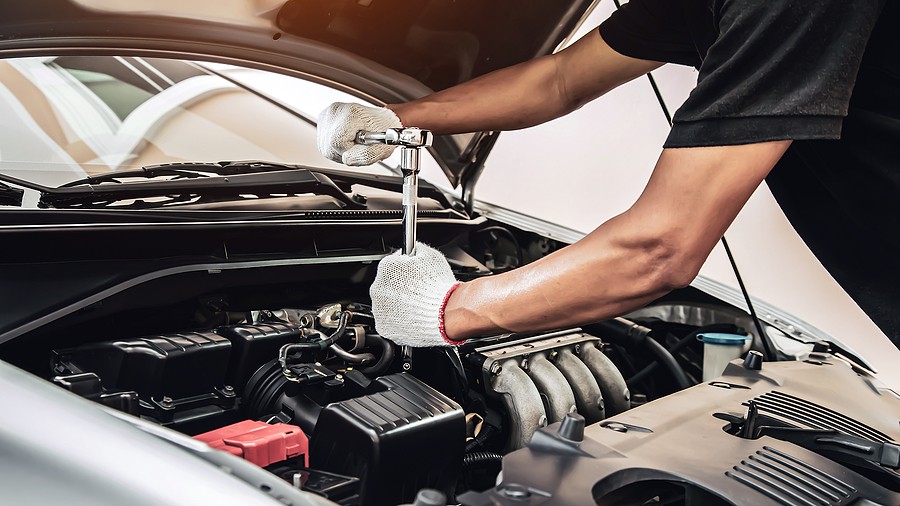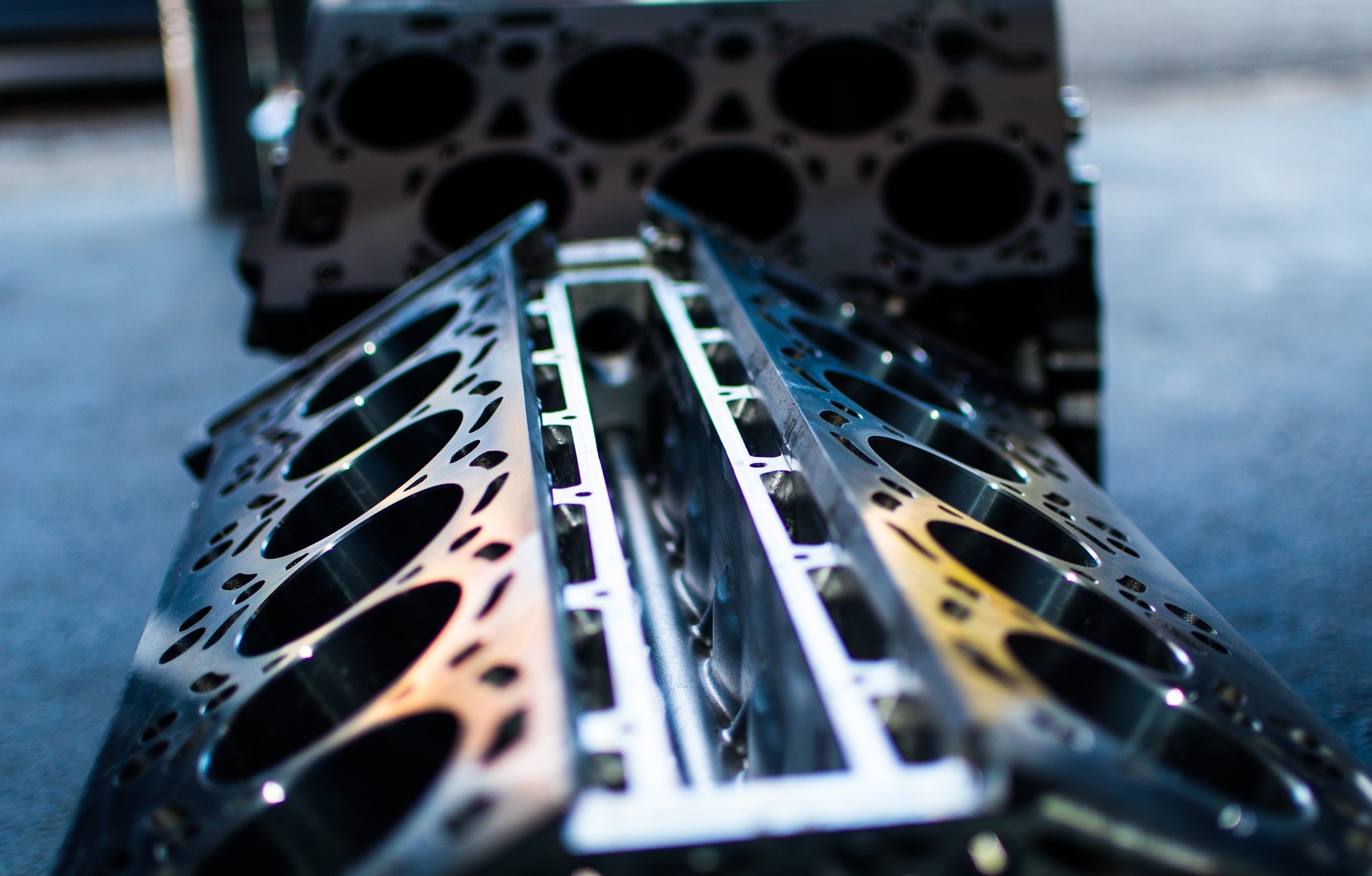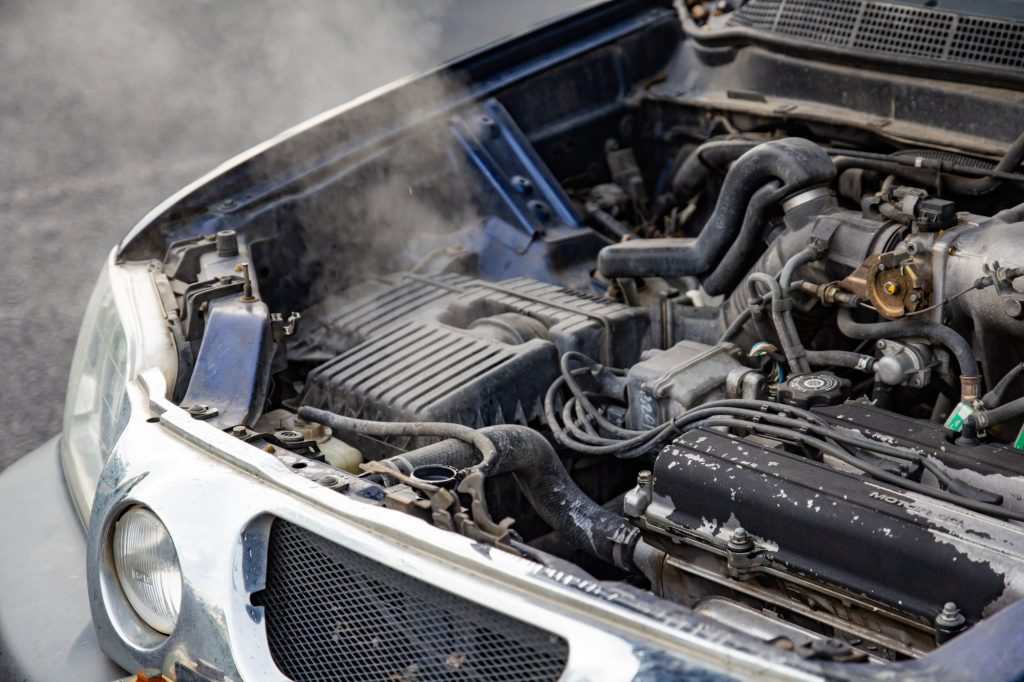Engine locked up meaning refers to the situation where the engine’s internal component gets seized, and the engine cannot function anymore.
Your vehicle's engine is one of the most critical components you must always keep up with. You need to perform all the regular maintenance to avoid sudden damages that could cost you thousands of dollars on repair.
Engine lock up is one of the common problem sets you might deal with, especially at later stages of your vehicle’s life span. When this happens, it might require significant repairs, and that's why you have to be very prepared and understand the main causes and potential solutions for this problem.
It is a comprehensive guide to help you understand the ‘engine locked up meaning.' In addition, it provided you with some information about the main causes and recommended solutions by automotive experts to help you get rid of the problem and understand your options.
“Engine locked up” meaning.
Have you ever sent your vehicle to the mechanic because of an internal problem in the engine, and your mechanic said that your engine was locked up? Of course, you want to avoid hearing this very difficult situation because it indicates something severe wrong is happening inside the engine.
Typically, “engine locked up” means your engine’s internal component gets seized and stops working completely. In that case, your engine will not function at all, and in many situations, you have to replace the engine with either a used, rebuilt, or new engine.
Unfortunately, dealing with engine locking up is not a fun situation. It is one of those situations in which you must step back and understand your options before spending the money on something that could be better.

Causes of engine lockup
As the driver, one of the first things you need to keep up with is understanding the main causes of engine lockup. Once you know the main causes, you'll do your best to avoid them and prevent the engine lockup from happening in the first place.
Luckily, automotive experts were able to put together a list of very common causes of engine lockups. Let's take a look at this list:
1. Continuous overheating
The first and most common cause of engine lock-up problems is related to overheating issues. It's known that any engine must operate within a minimum and maximum temperature that you should not exceed. If the temperature exceeds a maximum threshold, it leads to many problems, including engine lockup.
It's important to note that engine overheating happens because of many factors impacting the lubrication and the cooling system. Therefore, it can be very hard to determine what exactly is causing the engine to overheat if you consult your mechanic.
Your mechanic should have the right tools to help him narrow down the list and determine the potential problems you're dealing with to help you resolve the issue before the overheating continues to happen and damage your engine.
2. Lack of lubrication
Any vehicle equipped with a combustion system requires continuous lubrication. This happens by adding your engine oil. You might often hear from a mechanic that you need an oil change, which means that your oil is getting towards the end of its lifetime, and you have to replace it to have the best lubrication for the engine.
Your engine has a lot of internal moving components, and they interact with each other continuously. If you don't have enough oil, these internal components can generate much heat that could cause the engine to seize or lock up.
3. Mechanical failure
In addition to the problems related to overheating, there might be an internal engine mechanical failure that leads to the seized-up situation. Therefore, the only way to determine whether there is a mechanical failure is by consulting your mechanic.
Mechanists rely on software or tools to help them scan the internal computer and understand what caused this problem. They also might have good experience in helping them by performing quick inspections and determining what caused the engine’s mechanical failure.
If you're lucky enough, this mechanical failure might be resolvable, so you can't fix the problem and prevent this problem from evolving into an engine lockup. However, in most scenarios, mechanical failures in your engine lead to the engine locking up or seizing internal components.
4. Contaminated oil
Finally, since your engine relies on lubrication a lot, you must maintain not only the quantity of the oil but also the quality. Over time, this oil will start collecting debris and contaminants, and as it gets older, it becomes inefficient in lubricating the engine.
Contaminated oil can lead to many problems, including engine seizing and locking up. Therefore, you must always appreciate the importance of changing your engine oil frequently and checking for any signs that could indicate engine oil contamination.

Signs of engine lock up
Now that you have a good idea about the typical causes of the engine seizing and locking up, the next step is to determine what signs you should look for to understand whether you're dealing with an engine lockup soon.
Identifying these signs helps you consult your mechanic immediately and avoid major complications that could result in needing to install a new engine. Let's take a look at some of these signs of engine lockup:
1. Loud grinding noises
The first and most common sign indicating that you might be dealing with an engine lockup is hearing loud grinding noises from the engine location. These grinding noises could start very quietly when the engine lockup is not completely happening, so you must detect them as fast as possible to avoid further complications.
2. Smoke out of the hood
Another potential symptom of your engine’s lock-up is when you see smoke coming out of the hood. This can be a very scary situation, especially for inexperienced drivers. Therefore, you must never ignore the problem and shoot off your vehicle whenever possible to avoid further complications.
3. Warning lights illuminating
Once you get to the stage where your engine completely locks up, you'll start noticing warning lights on the dashboard complaining about internal problems. Unfortunately, many inexperienced drivers might need to pay more attention to the value of focusing on these boarding lines and taking care of them when triggered.
For example, you'll see a check engine light illuminating the dashboard. This check engine light could be triggered because of a problem that's not related to the engine itself but could also be linked to the engine. That's why you must monitor the dashboard and look for other symptoms that could help you narrow down the list of potential culprits and determine whether you're dealing with an engine lockup.
4. Difficulties starting the engine
As the engine gets more stressed and the lock-up gets more severe, you'll notice that the engine is not starting. Sometimes you might turn on the ignition key but realize that the engine is not cranking. Many might think it's just a problem with the battery or the alternator. However, it could be a sign of engine lockup.
5. Complete loss of power
Finally, if your engine loses power completely, it might indicate that you have a problem with the engine itself, which might be linked to the engine seizing up. The only way to confirm is by trying to start the vehicle again, but if you realize that the engine is gone, it could be a clear issue that its lock-up-related stuff.

Solutions for engine lockup
After understanding the “engine locked up” meaning, you need to look for ways to resolve a problem. There are some potential options that you should evaluate before spending money on this engine. Here are some examples:
- Inspect the engine and replace faulty internal components
- Perform an engine flush to get rid of the oil system and replace it with fresh oil
- Perform an oil change and replace the oil filter
- Allow your engine to cool down
- Check the cooling system
- In some severe scenarios, you might be dealing with a situation where you have to replace the engine completely

“Engine Locked up” meaning: Final thoughts
This article helped you understand the engine locked up meaning. A common situation could happen to vehicles indicating that the internal components are getting damaged and seized inside your engine. The article also helped you understand the causes of these issues, how to resolve them, and how to detect engine lock-ups as soon as possible.
If your engine lockout problem is severe and requires thousands of dollars for a repair you can't afford, it might be a perfect time to sell this car now. Are you looking for someone to buy your vehicle, considering its problems? Call Cash Cars Buyer at 7737914363.
We guarantee to buy your car no matter what's cyber condition. We will also provide you with a free towing service, and the offers are generated within only 30 seconds!



